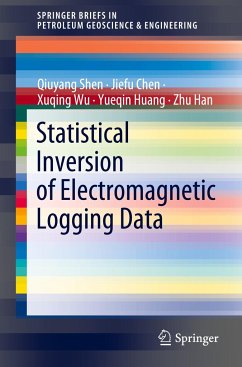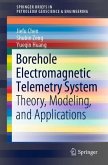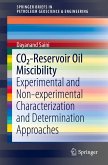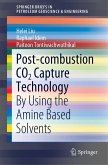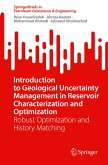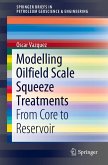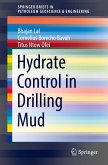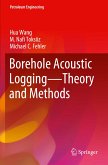This book presents a comprehensive introduction to well logging and the inverse problem. It explores challenges such as conventional data processing methods' inability to handle local minima issues, and presents the explanations in an easy-to-follow way.
The book describes statistical data interpretation by introducing the fundamentals behind the approach, as well as a range of sampling methods. In each chapter, a specific method is comprehensively introduced, together with representative examples.
The book begins with basic information on well logging and logging while drilling, as well as a definition of the inverse problem. It then moves on to discuss the fundamentals of statistical inverse methods, Bayesian inference, and a new sampling method that can be used to supplement it, the hybrid Monte Carlo method. The book then addresses a specific problem in the inversion of downhole logging data, and the interpretation of earth model complexity, before concluding with a meta-technique called the tempering method, which serves as a supplement to statistical sampling methods.
Given its scope, the book offers a valuable reference guide for drilling engineers, well logging tool physicists, and geoscientists, as well as students in the areas of petroleum engineering and electrical engineering.
The book describes statistical data interpretation by introducing the fundamentals behind the approach, as well as a range of sampling methods. In each chapter, a specific method is comprehensively introduced, together with representative examples.
The book begins with basic information on well logging and logging while drilling, as well as a definition of the inverse problem. It then moves on to discuss the fundamentals of statistical inverse methods, Bayesian inference, and a new sampling method that can be used to supplement it, the hybrid Monte Carlo method. The book then addresses a specific problem in the inversion of downhole logging data, and the interpretation of earth model complexity, before concluding with a meta-technique called the tempering method, which serves as a supplement to statistical sampling methods.
Given its scope, the book offers a valuable reference guide for drilling engineers, well logging tool physicists, and geoscientists, as well as students in the areas of petroleum engineering and electrical engineering.

